Why Do I Always Lose Money in the Stock Market?
roundnsurge
Publish date: Wed, 08 Dec 2021, 04:52 PM

The common advice from the internet or the authority to the investors is always to ask us to study the fundamentals of the company before we invest. A good fundamental company will be a safer choice for us to invest in. Yes, it is true! At least these companies will have a lesser chance to go default or be delisted. But investors will still lose money in the stock market because of the price fluctuations.
The True Nature Of Financial Market
I believe investors know the risk of investing in the stock market. If they are looking for a safe investment, they can just go for FD or bonds. What we want is to profit from the stock market. Investing in a good company is not enough, we need to understand the timing and the financial market pricing mechanism is no longer about the fundamentals of it, it is about the expectation of the big boys, like the big funds. That’s why Warren Buffet is being squeezed out from the top 5 of the Forbes richest ranking in the year 2021. The majority of the Forbes top 10 richest men are mainly tech companies owners.
Why do we prefer to average down over cut loss?
Profitability or probability, which one is more important?
We often encounter this question: What is the probability of your strategy? Is it effective? What is the ROI in one year?
Before we answer the above questions, ask yourself the following questions: "Do you invest in the stock market to prove that you are right, or to make a profit?"
What’s the next thing we should do after changing our mindset?
Once you have done the above, the next thing is to control your risk exposure by setting the same number of units for each stock. We have done a video about the position sizing, you may follow the link below to find out the full version of our risk management to help you in your investment.
https://youtu.be/ebeovsGZcA0
Please give us a LIKE to support our contribution if you find this blog helpful to you. Thank you!
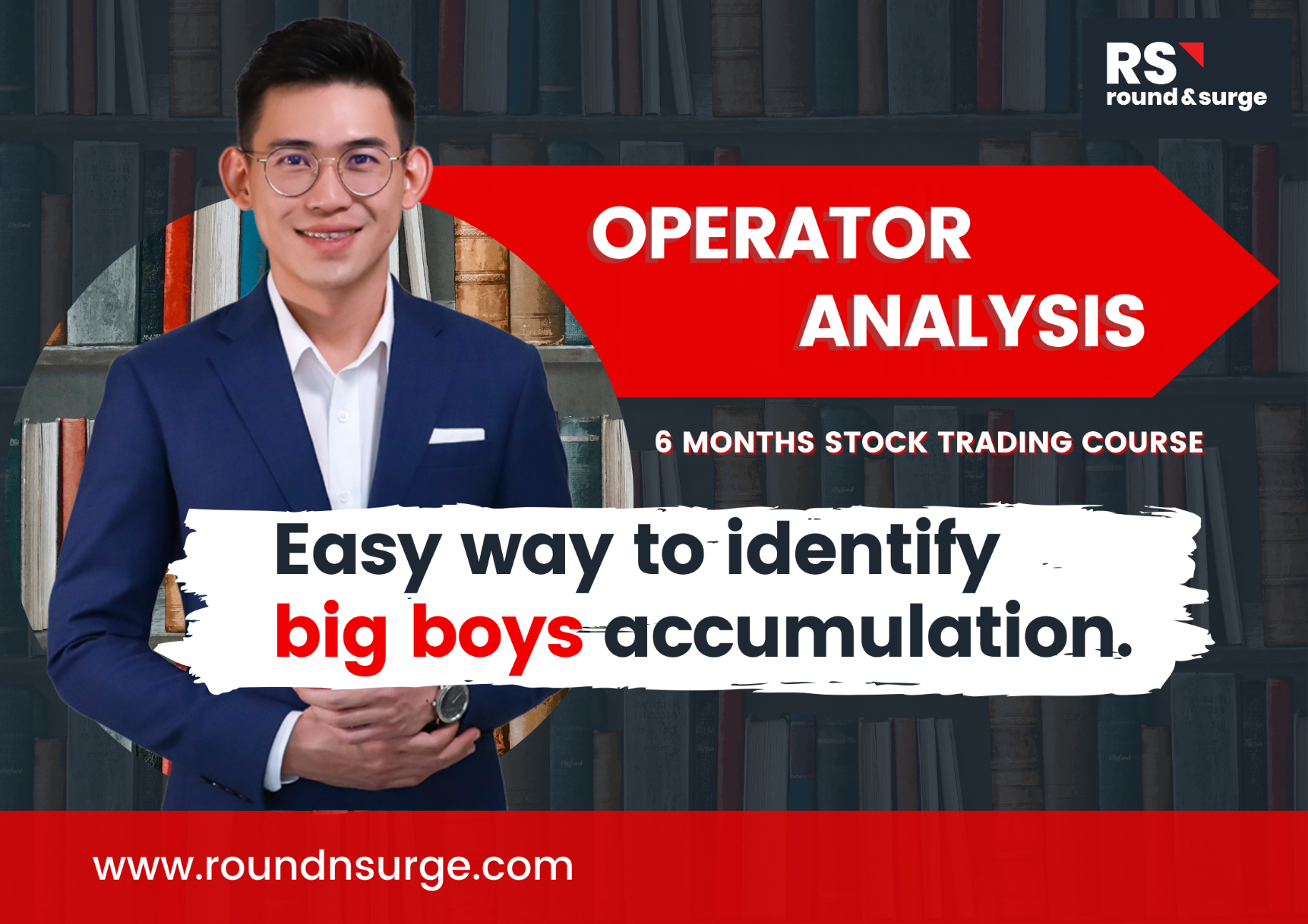
To find out more about our Operator Analysis Pro-Trader Course, visit this link : https://bit.ly/3NVMHfS
Website : www.roundnsurge.com
Facebook: www.facebook.com/roundnsurgeofficial
Youtube: www.youtube.com/c/RoundSurgeoperatoranalysis
Instagram: @roundnsurge
Kelvin's Instagram: @kelvinnny810
Malaysia stock market is a unique market, hence it requires a customized trading approach to tackle & swerve. Many existing traders in Malaysia apply a plug-and-play strategy from the overseas stock market, but it is not necessarily the best strategy to trade in KLSE. This is due to the difference in local and overseas stock market regulation and the size of market participants of institutional funds & retail investors.
“True traders react to the market.” is the backbone of our trading method. Our findings and strategies are developed through years of trading experience and observance of the operating style in Malaysia’s stock market.
Trading Account Opening
They are offering an IntraDay trade brokerage rate at 0.05% or RM8 whichever is higher for day trading stocks RM 50,000 & above-transacted volume (buy sell the same stocks on the same day). Buy & hold at 0.08%or RM8 whichever is higher.
Open a cash account now at the link below :
https://registration.mplusonline.com/?ref-id=R311
As Kelvin’s trading client, you will be exclusively invited to join Kelvin’s weekly webinar and telegram group. Click here to join.
For more inquiry contact him by email: kelvinyap.remisier@gmail.com or 019-5567829
If we have missed out on any important information, feel free to let us know and feel free to share this information out but it will be much appreciated if you can put us as the reference for our effort and respect, thank you in advance!
More articles on Round & Surge Operator Analysis

Created by roundnsurge | Aug 09, 2023
"Master Support & Resistance: Trade Hang Seng with Big Player Insights. Learn to spot levels using price & volume analysis. Trade smarter, minimize risks. Watch YouTube for examples.
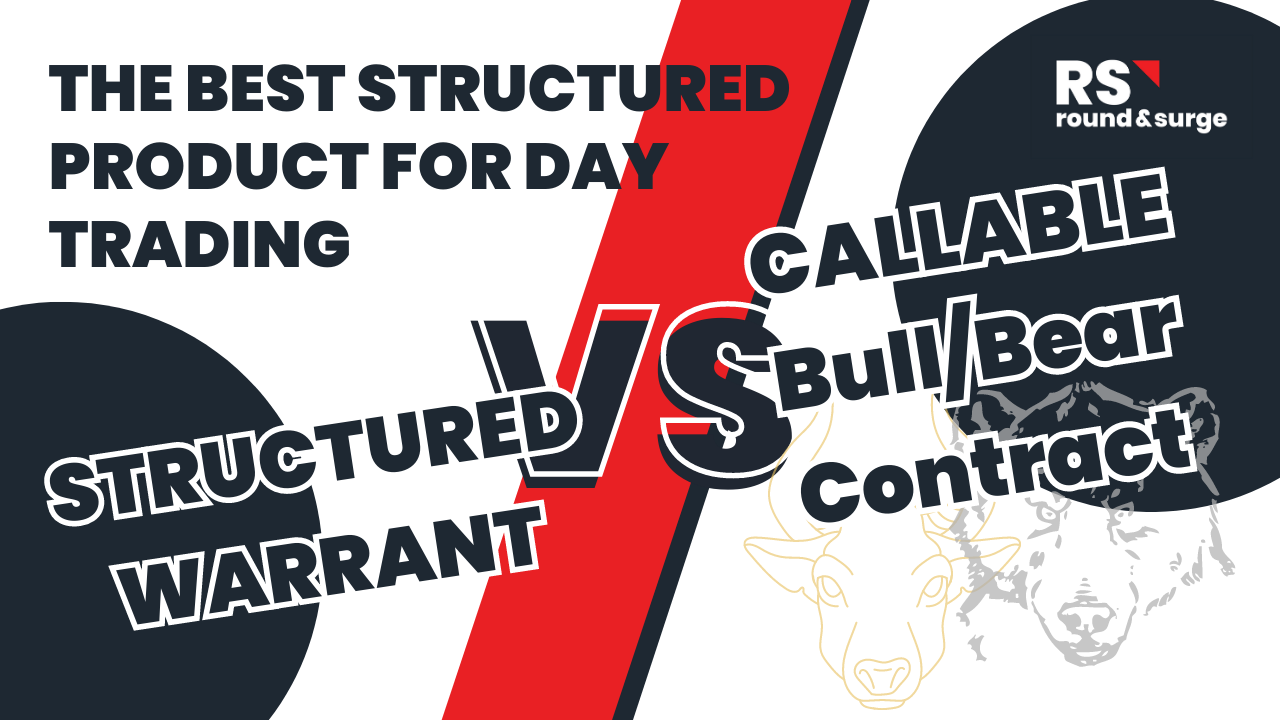
Created by roundnsurge | Jun 27, 2023
Discover the differences between Callable Bull/Bear Contracts (CBBCs) and structured warrants on the Hang Seng Index (HSI) to maximize your day trading returns.
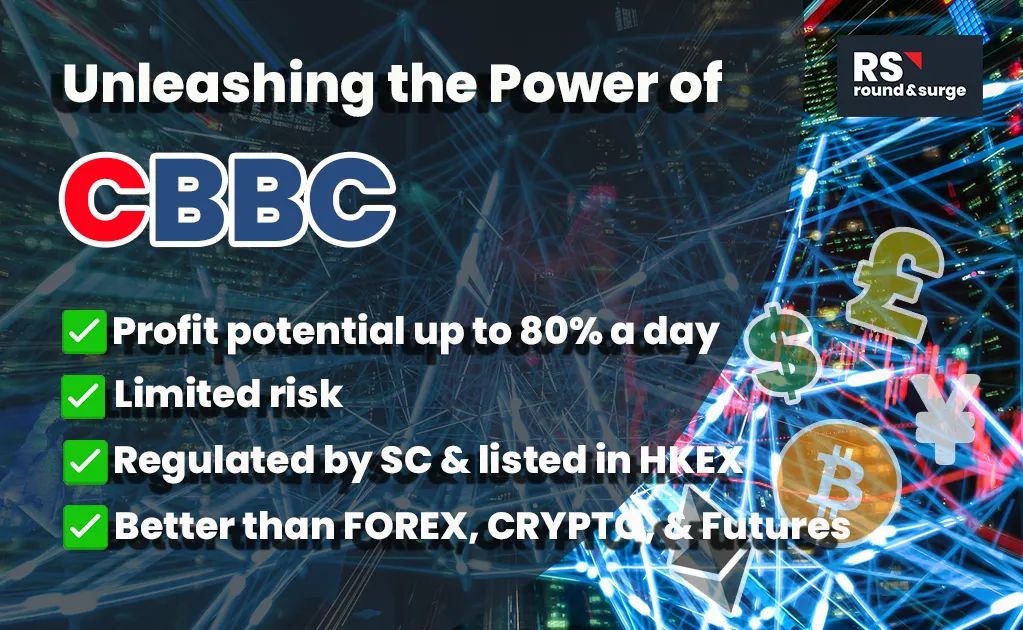
Created by roundnsurge | May 22, 2023
Discover the incredible profit potential of Callable Bull/Bear Contracts (CBBC). The ability to profit in rising and falling markets, and lower entry barriers make CBBC the superior choice for trader.
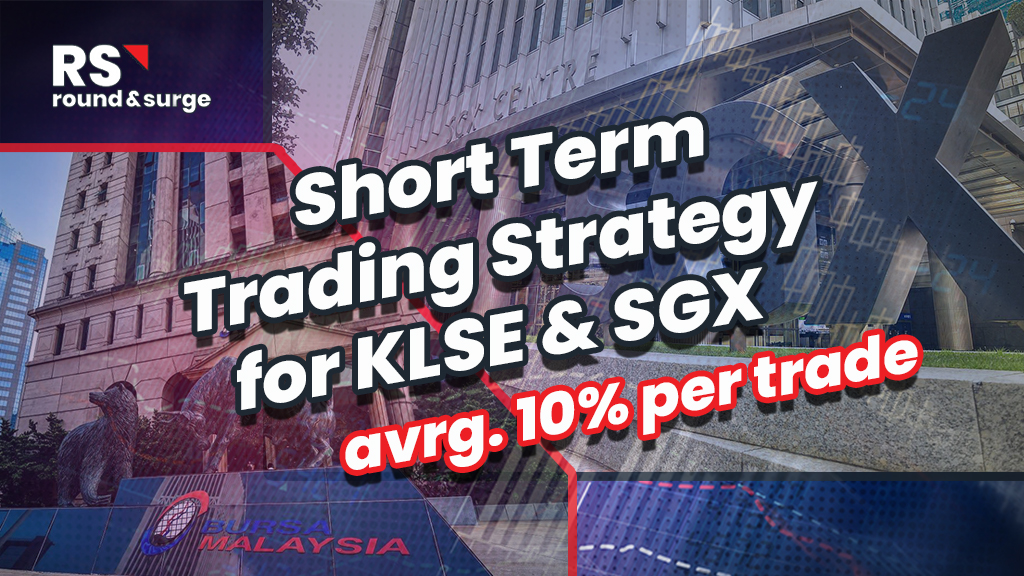
Created by roundnsurge | Apr 17, 2023
Identify profitable rebound stocks by following big players' support during downtrends & retracement understanding their marking of price levels in this short-term trading strategy for KLSE & SGX.
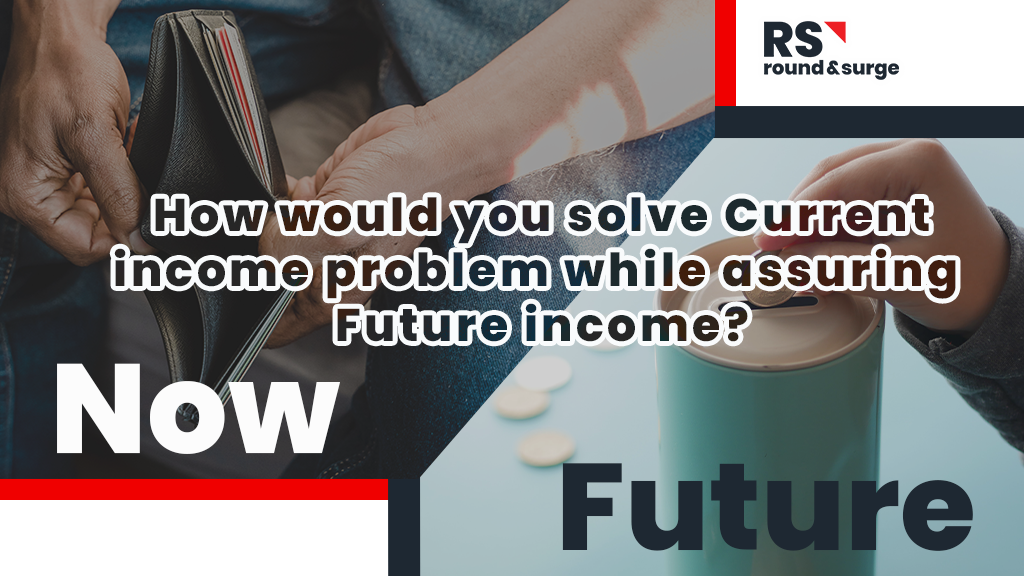
Created by roundnsurge | Apr 05, 2023
Unlock your financial potential with investment and trading strategies for building current and future income.
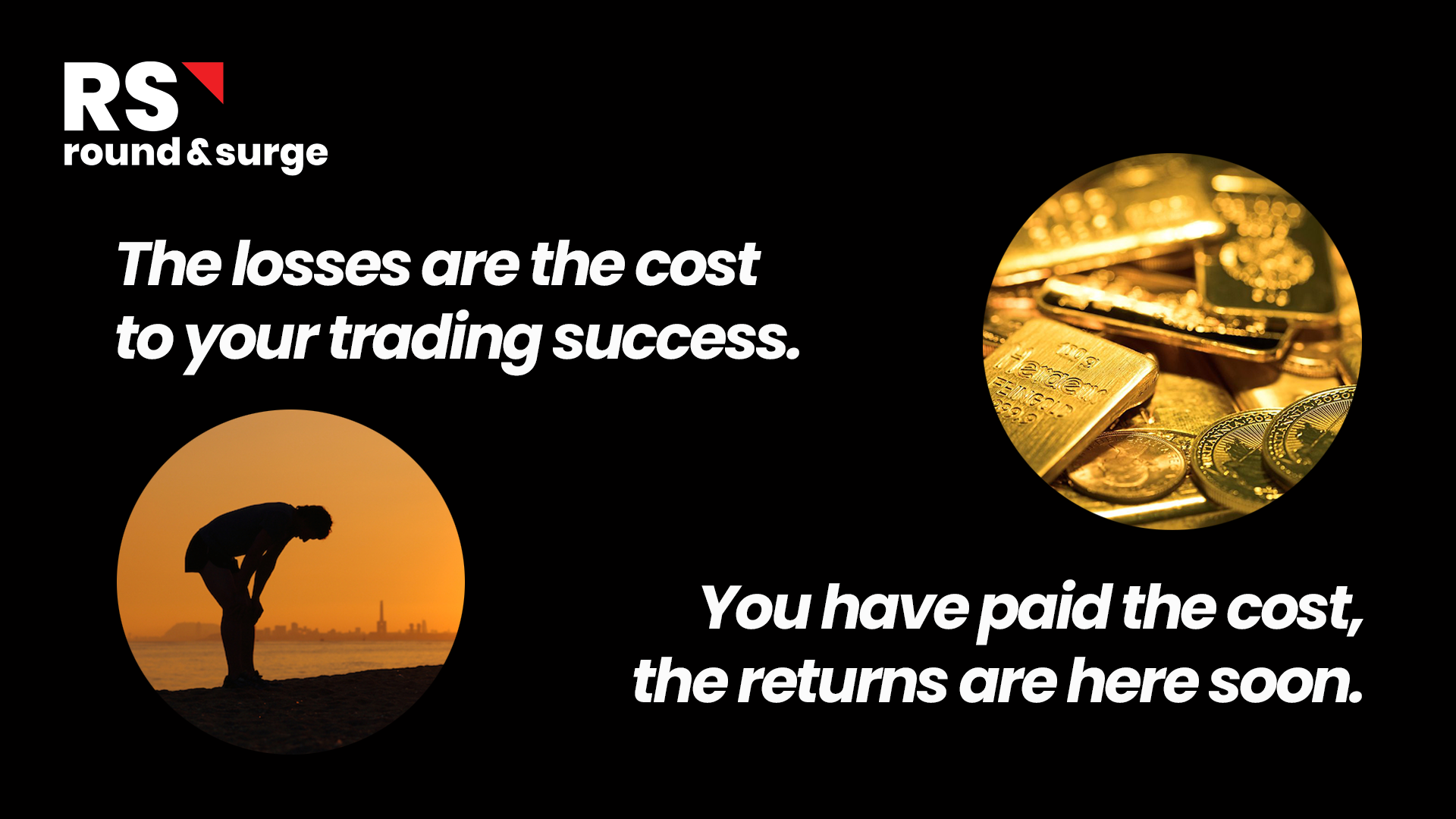
Created by roundnsurge | Feb 04, 2023
Being able to accept our losses is the first step in being able to learn from them and turn that into future profit!
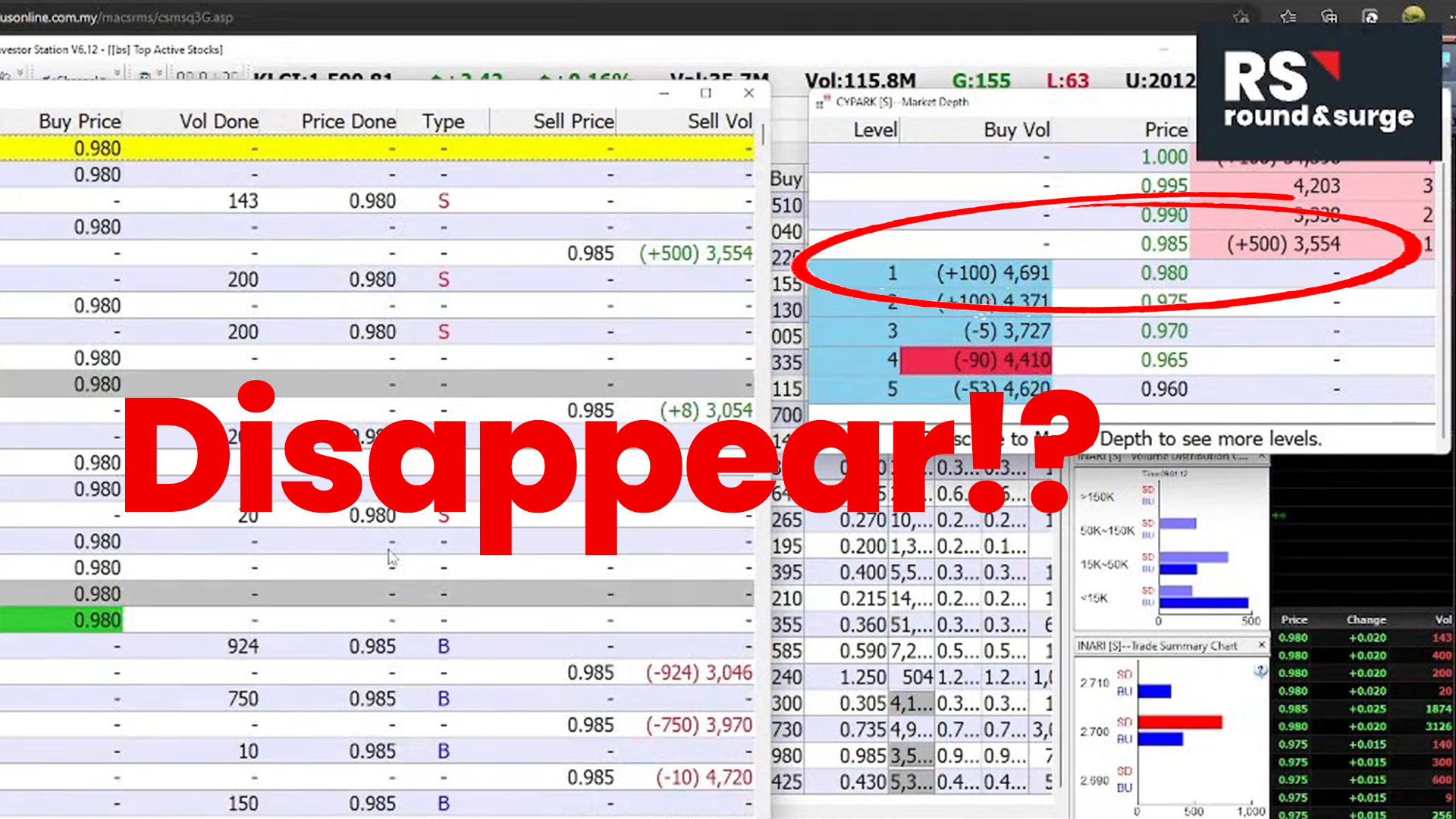
Created by roundnsurge | Jan 29, 2023
We're going to give you an insider's look at how the big boys get their info and make trades, so that you can do it too!

Created by roundnsurge | Jan 12, 2023
We can’t avoid big boys in the stock market, so we learn how they operate & take advantage of their price movement for our better entry & exit.
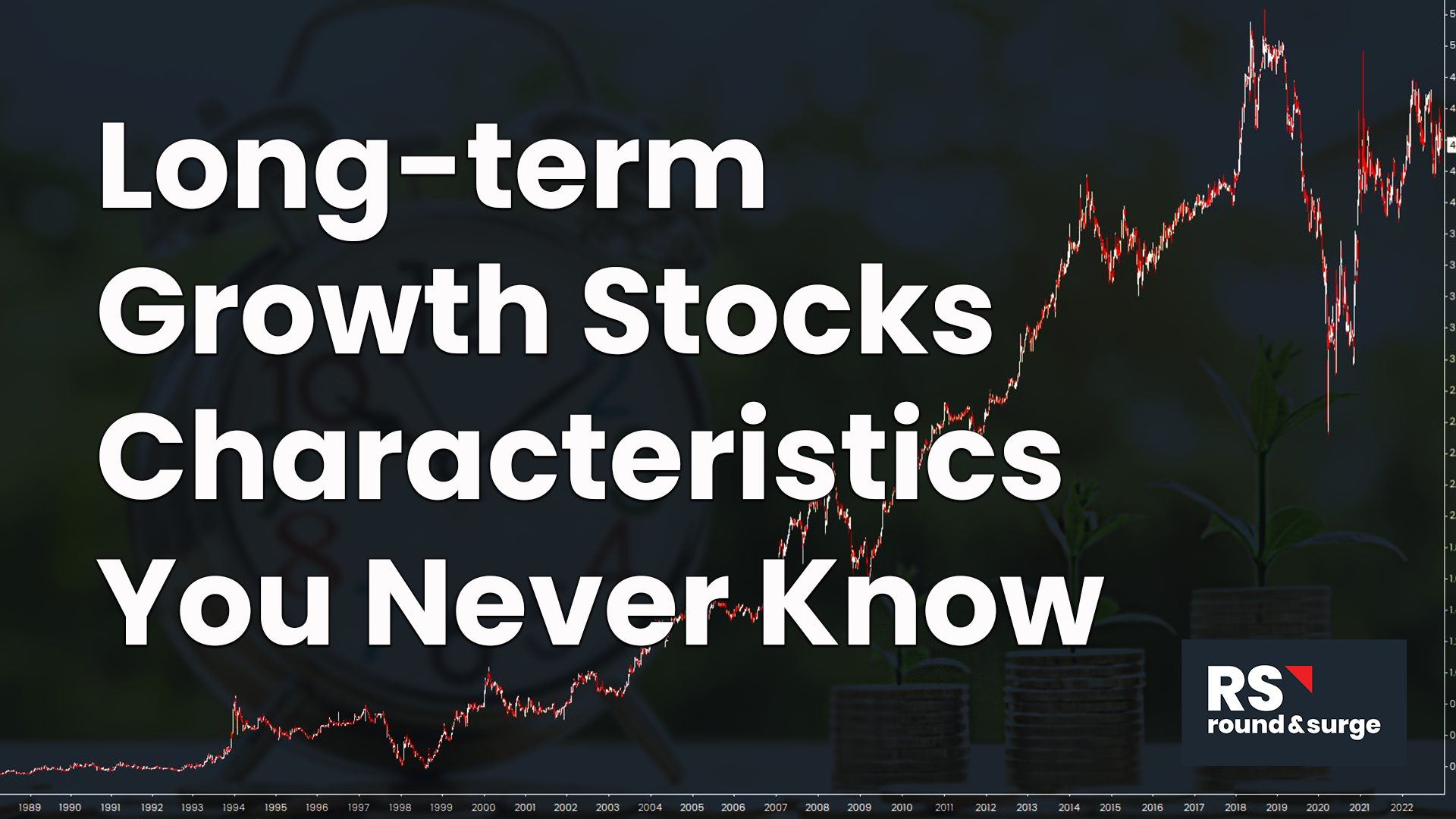
Discussions
Are you licensed by SC Malaysia? If no license i report you to SC kasi kena
2021-12-10 12:29
















AAA555
8/12/2021.....4.52 pm
2021-12-09 15:42